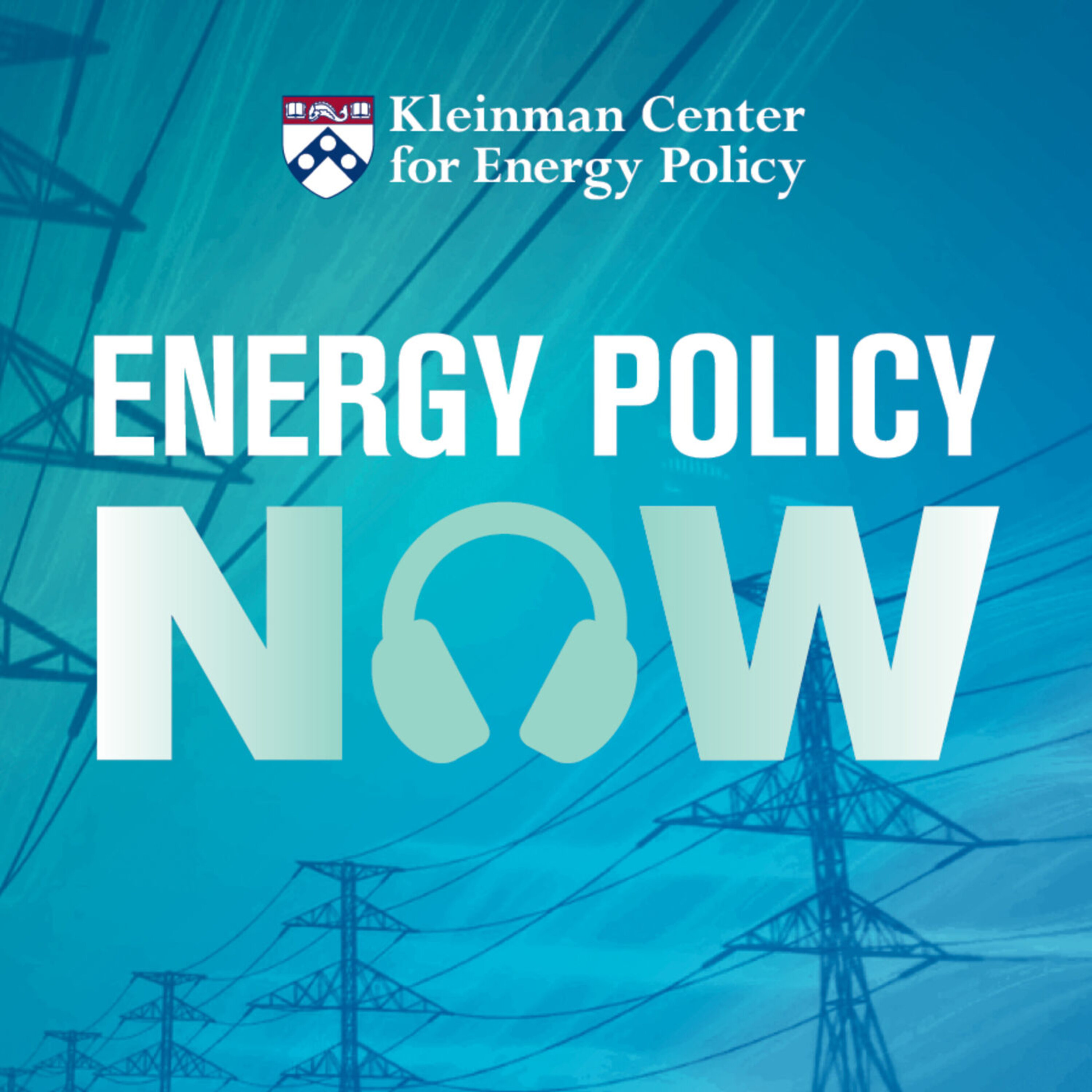How Identity Politics Shape U.S. Energy Policy
Description
David Spence explores the rise of identity politics in the U.S. and how it has fueled bitter partisanship over the transition to clean energy.
---
Throughout American history, opposing political parties have at times set aside their differences to create “republican moments”— periods of bold, bipartisan action to address critical challenges.
Today, such moments may seem unlikely, yet the need for collective action remains urgent. This is particularly true for accelerating the transition to a low-carbon energy system and tackling climate change.
On the podcast, David Spence of The University of Texas School of Law discusses his new book, Climate of Contempt, which explores the roots of the current political divide in this country, and how that divide has manifested in the politics of energy. Spence examines the growth of identity politics in the U.S., how even the best-intentioned of actors can stoke partisan flames, and opportunities to re-establish bipartisan dialogue to advance the clean energy transition.
David Spence is the Rex G. Baker Centennial Chair in Natural Resources Law at The University of Texas at Austin.
Related Content
The Untapped Potential of ‘Repurposed Energy’ https://kleinmanenergy.upenn.edu/research/publications/the-untapped-potential-of-repurposed-energy/
Comparing the 2024 Presidential Candidates’ Energy Agendas
https://kleinmanenergy.upenn.edu/news-insights/comparing-the-2024-presidential-candidates-energy-agendas/
Energy Policy Now is produced by The Kleinman Center for Energy Policy at the University of Pennsylvania. For all things energy policy, visit kleinmanenergy.upenn.edu
See omnystudio.com/listener for privacy information.
More Episodes
Kleinman Center visiting scholar Kirsten Jenkins explores the concept of a just energy transition, and why it must be expanded beyond its labor roots to address broad energy system injustices.
Published 11/07/24
Virtual power plants can help electric grid operators address supply shortages and reliability concerns, but policy support is needed.
Published 10/22/24
Published 10/22/24


